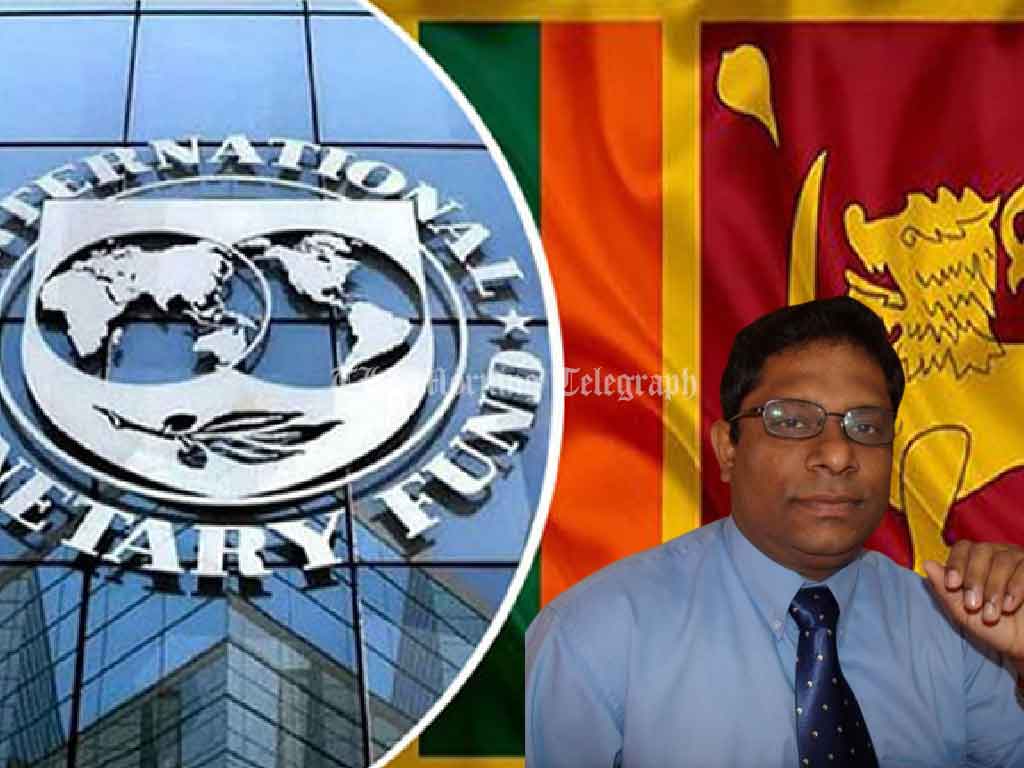
Economist Professor Wasantha Athukorala, Director of the Postgraduate Institute of the Faculty of Arts at the University of Peradeniya, has emphasized that a gradual increase in the government’s tax revenue is essential for Sri Lanka to progress with the International Monetary Fund (IMF) program. He pointed out that meeting the IMF’s requirements for reducing the budget deficit and achieving a balanced primary account is critical, and tax policy plays a pivotal role in meeting these benchmarks.
Professor Athukorala elaborated that the IMF has set specific targets regarding the government’s budgetary metrics and tax revenue trajectory. Consequently, any significant reduction in tax revenue would undermine the ability to adhere to the agreed program. However, he noted that some of the recently proposed tax amendments are expected to result in a loss of government revenue.
One key amendment involves adjustments to personal income tax thresholds. Previously, individuals earning more than 100,000 rupees per month were subject to income tax. Later, this threshold was raised to 500,000 rupees. Under the new amendments, income tax will apply only to those earning more than 150,000 rupees monthly. Additionally, the tax rate for income brackets of 1 million rupees has been reduced from 6% to 5%. These concessions aim to provide relief to the public, particularly professionals. However, the adjustments are projected to significantly impact tax collections, with the government potentially losing 40–50 billion rupees annually.
To compensate for this anticipated shortfall, the government has proposed alternative measures to boost tax revenue. One such measure includes increasing the withholding tax rate from 5% to 10%. Other proposals include revisions to export taxes and adjustments to various other revenue-generating mechanisms.
Professor Athukorala acknowledged the balancing act between providing tax concessions to ease the burden on citizens and meeting fiscal requirements under the IMF agreement. However, he stressed that ensuring the government’s financial stability through sustainable tax policies is paramount to moving forward with the IMF program.




